Reviving Childhood: The Surprising Benefits of Nostalgic Games
Summer break is here, and kids are searching for ways to fill their time. It's the perfect opportunity to revive the games we all cherished and grew up with. Let's rediscover these nostalgic childhood games, understand their importance, and learn how to pass them on to the next generation. Step away from the screens.

Do you remember the childhood games from the past? Jacks, jump rope, and hopscotch? They were more than just time-fillers. They formed the foundation of friendships, provided a sense of achievement, and opportunities to develop both physical and mental skills. Looking back, it’s clear these games were a significant part of our childhood experiences. For those of us who grew up in the '80s, it was a time of spending countless hours outside, inventing all sorts of games, and embracing everything the outdoors had to offer, including sticks and stones. Of course, there were also balls, ropes, and elastics, leading to hours of shared enjoyment with neighborhood friends.
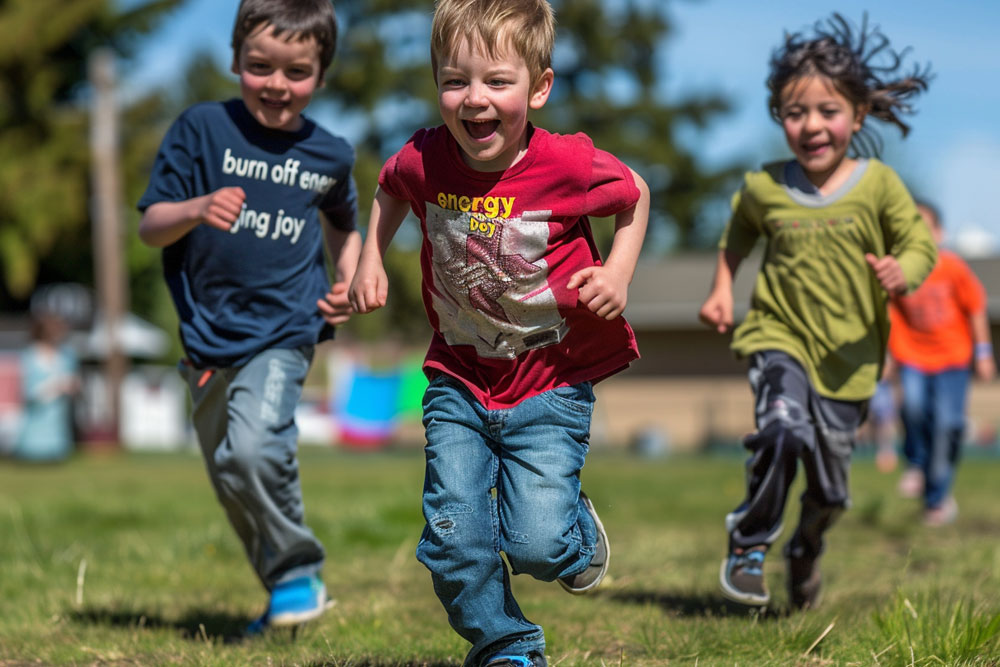
Backed by Research
Numerous studies have shown the health benefits of traditional childhood games, both physically and mentally.
A study published in the journal "BMC Public Health" explored children's motivation to participate in active outdoor games. It was found that these games contribute to physical health by helping to "burn energy" and maintain fitness. Additionally, they support mental health by bringing happiness and giving kids a sense of freedom and independence. Honestly, we already knew that without the research.

Another study examined the benefits of integrating traditional games into school physical education classes. Findings showed that these games improved students' physical fitness and promoted physical activity. Furthermore, the games enhanced social skills and cooperation among students.
Essentially, both studies emphasize the importance of traditional childhood games as significant tools in developing physical and mental health among children and teenagers.
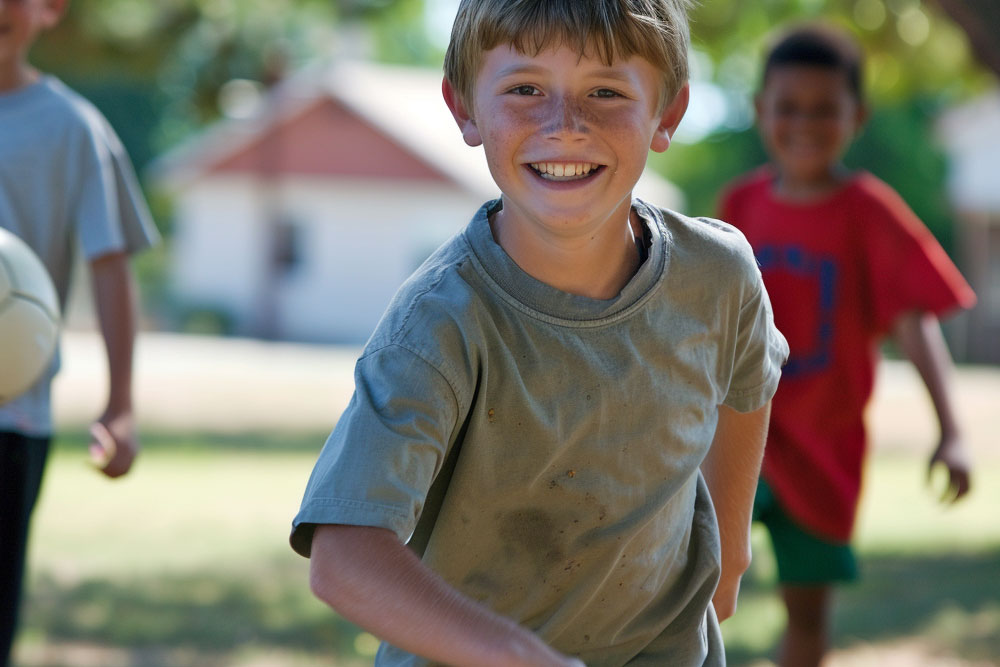
What Did They Give Us as Kids?
The studies are nice, but let’s dive deeper to discover what the games truly gave us as kids. Here’s a partial list of benefits we unknowingly received:
- Motor Skills Development: Games like jump rope and elastics required precision, speed, and coordination. "Jacks," for example, demanded hand agility and perfect hand-eye coordination.
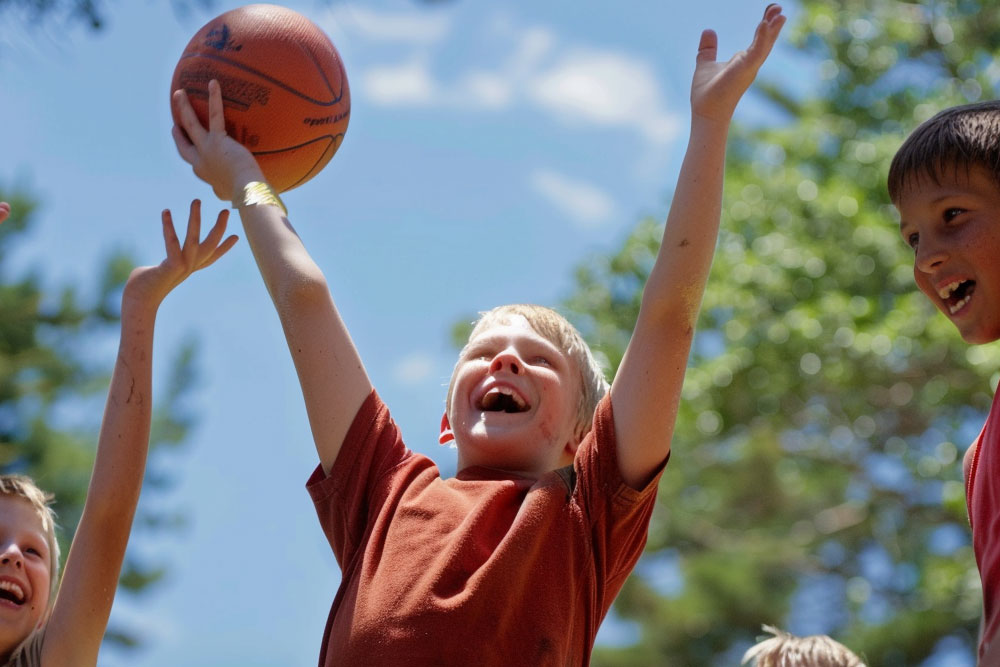
Social Skills : These games required group work, collaboration, and understanding the importance of fairness. The "Marbles" game, for example, required precision and strategy to hit the opponent's marbles and win them.
- Creativity and Imagination: Many of the games required creativity, such as inventing new rules or ways to enhance the game. For instance, the traditional tag game evolved over the years with versions like "Chair Tag," "Bubblegum Tag," and more...
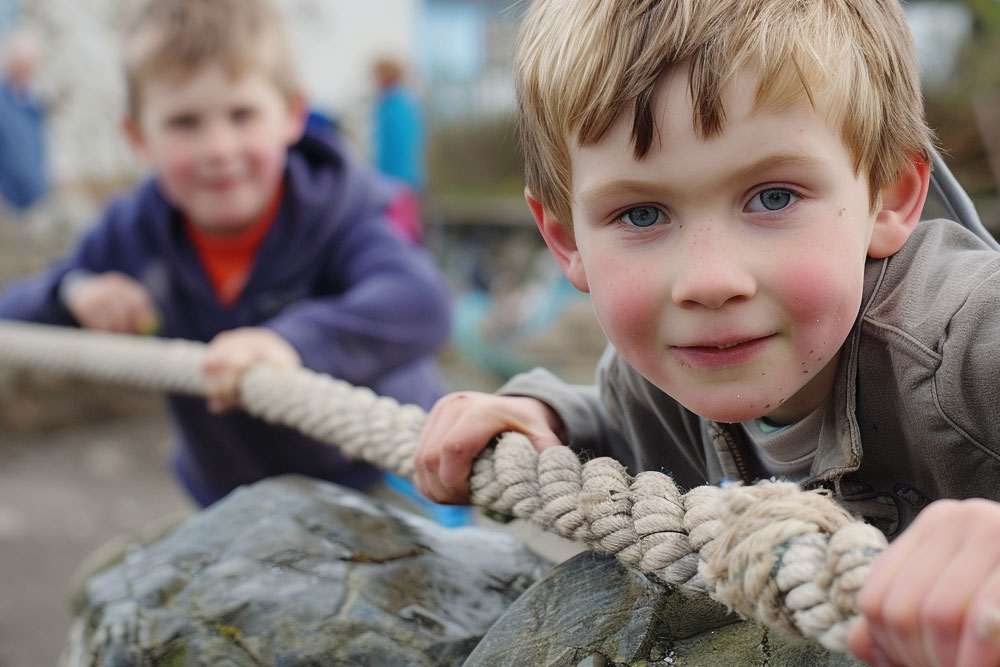
- A Sense of Belonging: These games were an inseparable part of the shared childhood experience, creating common memories that were the basis for stories and conversations for years to come.
How Can We Play Them Today?
Even though technology has taken over most of the kids' time these days, there’s nothing like bringing back the childhood games from the past and teaching the younger generation about their joy and simplicity. Here are some tips:
- Organize a game meetup: Invite friends and family for a "throwback games day" that will transport everyone back in time.
- Play outside: Dedicate time to outdoor activities, in the yard or the park, integrating these games as part of family activities.
- Play together with the kids to create quality and healthy bonding time
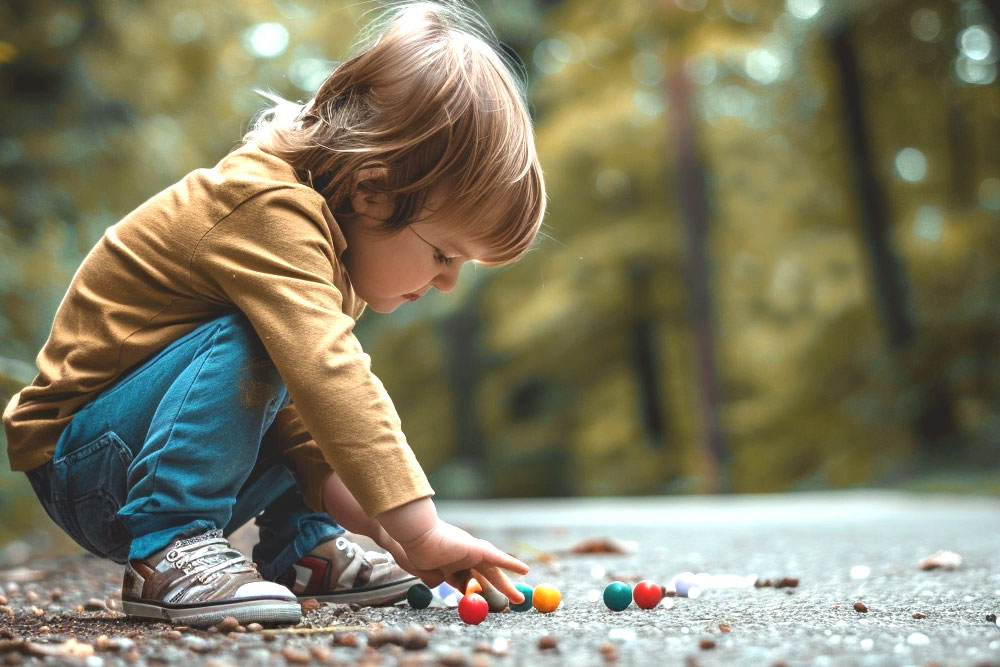
The games from back then didn't just pass the time; they were a significant part of our personal and social development. They brought joy, cooperation, creativity, and countless beautiful memories. There's no doubt that bringing these games into our lives and those of our children can enrich them and bring back some of the simplicity and fun of the past.

